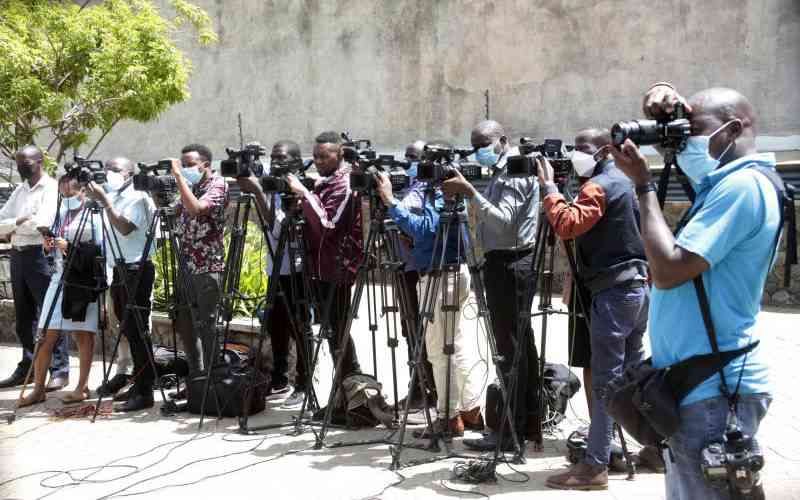×
The Standard e-Paper
Fearless, Trusted News

The media has been hailed as a key partner in responding to humanitarian crises in Kenya and beyond.
According to Rolland Keya, general director, Medecins Sans Frontieres (MSF) journalists deserve accolades since they are always among the first responders to disasters, calamities and emergencies.